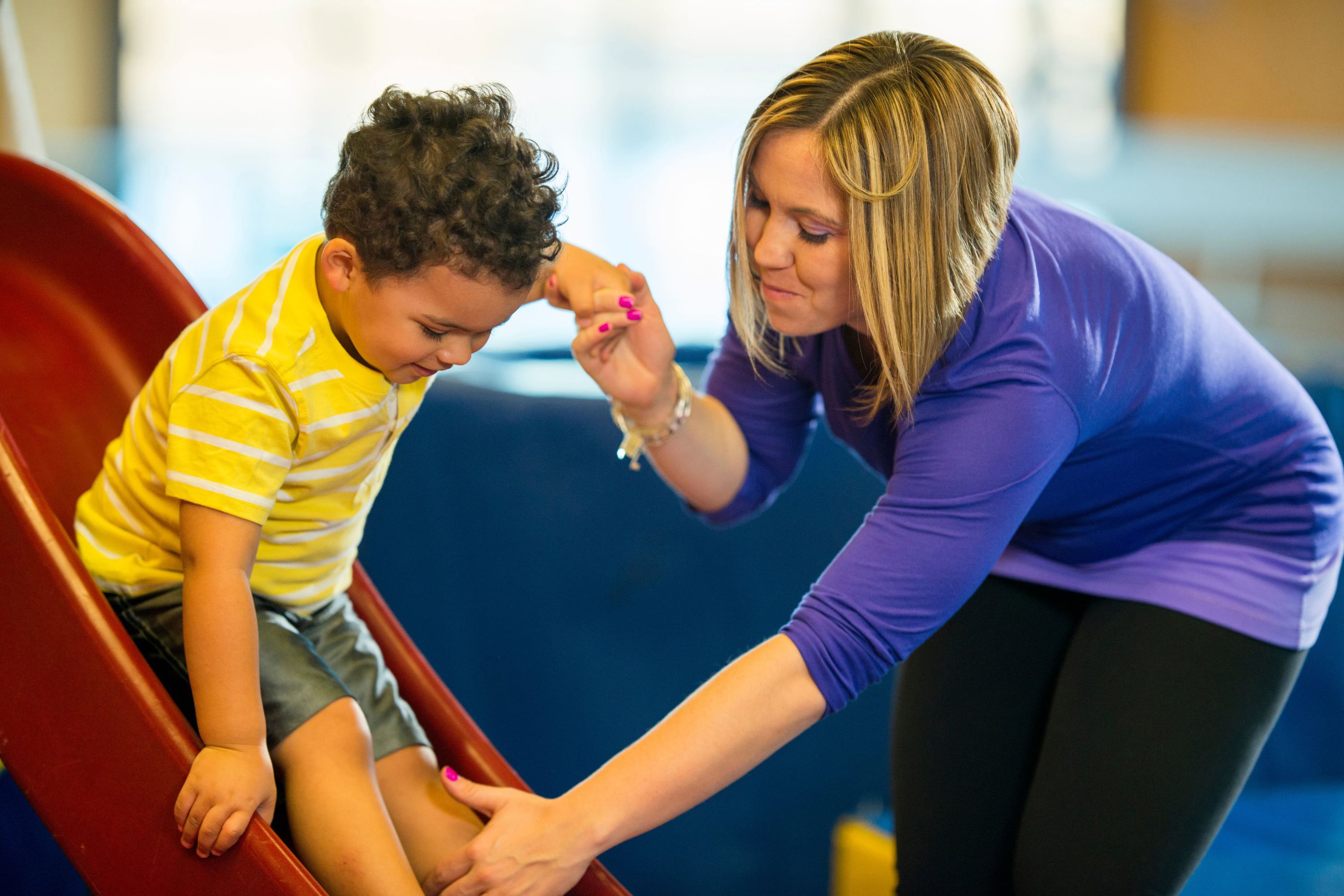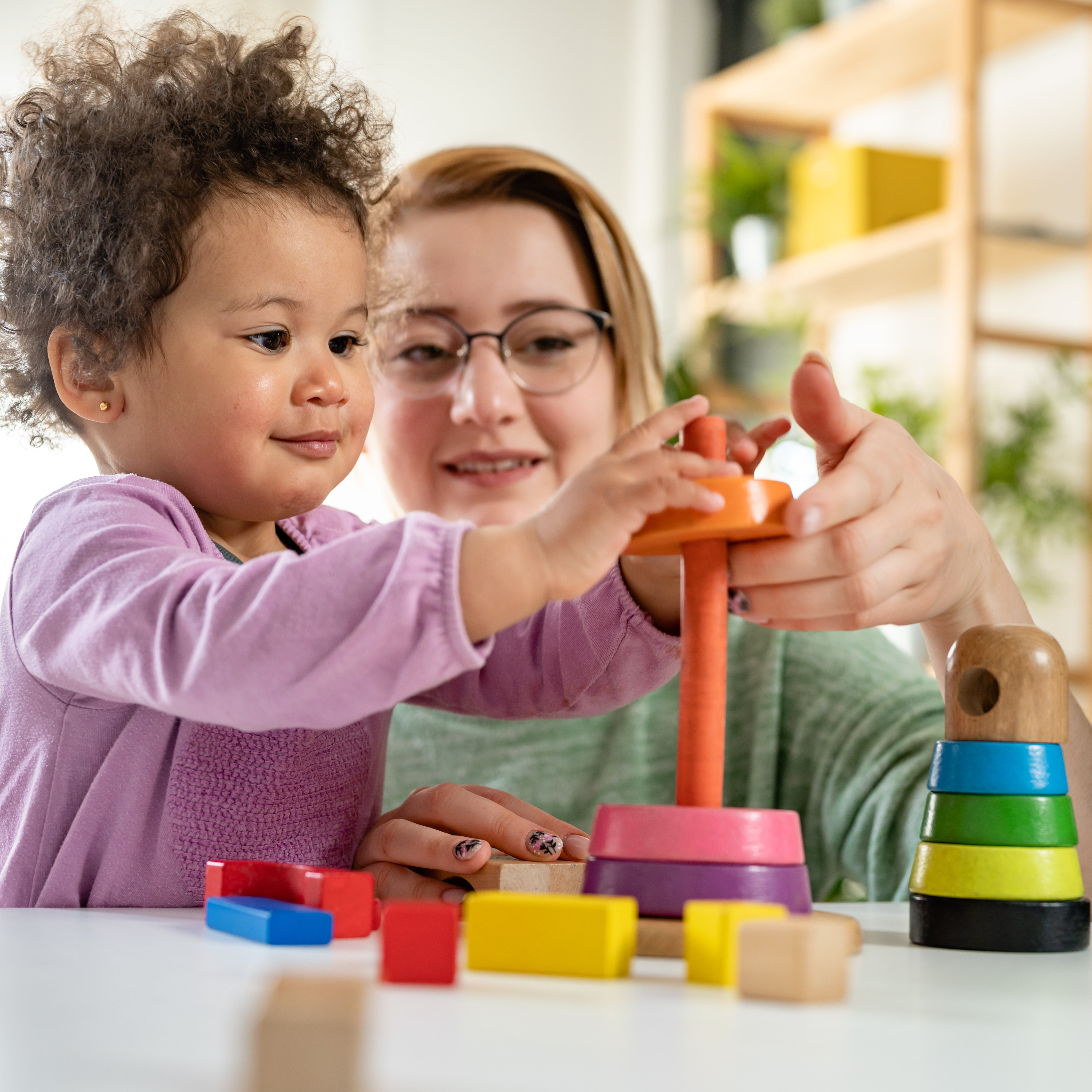· Beth & Michelle · Blog · 2 min read
How Long Will Speech and Language Therapy Take?

This is one of the questions we (as SLPs) hear. At the start of treatment, almost every parent asks… How long will my child need therapy?
If only we had a crystal ball to tell the future!
While we may not be able to tell the future and every child’s path is unique, there are several factors that can impact the duration of therapy.
What is your child’s speech and language challenge and how severe?
The nature of your child’s communication difficulty plays an important role in how long therapy will take. Mild articulation or language delays will require less time in therapy than more complex articulation or language difficulties.
How old is your child?
Research shows that starting therapy early leads to positive outcomes. The amount of therapy needed is often reduced when children start therapy at a young age.
Does your child attend therapy consistently?
Attending therapy regularly often leads to better outcomes. When children attend therapy consistently, skills are able to be built upon each week leading to faster progress.
How involved are the parents or caregivers?
When parents and caregivers take an active role in therapy by practicing at home, children make faster progress.
How to know when to stop therapy?
Your child’s SLP will regularly assess progress and determine when it is no longer needed. This typically includes:
- Communication goals have been met
- Your child can effectively communicate in his or her environment
- Your child has developed the skills to improve independently
So while SLPs can do a lot, we cannot predict the future. It’s natural to want quick results, but speech and language therapy is a process that takes time, dedication, and teamwork.



